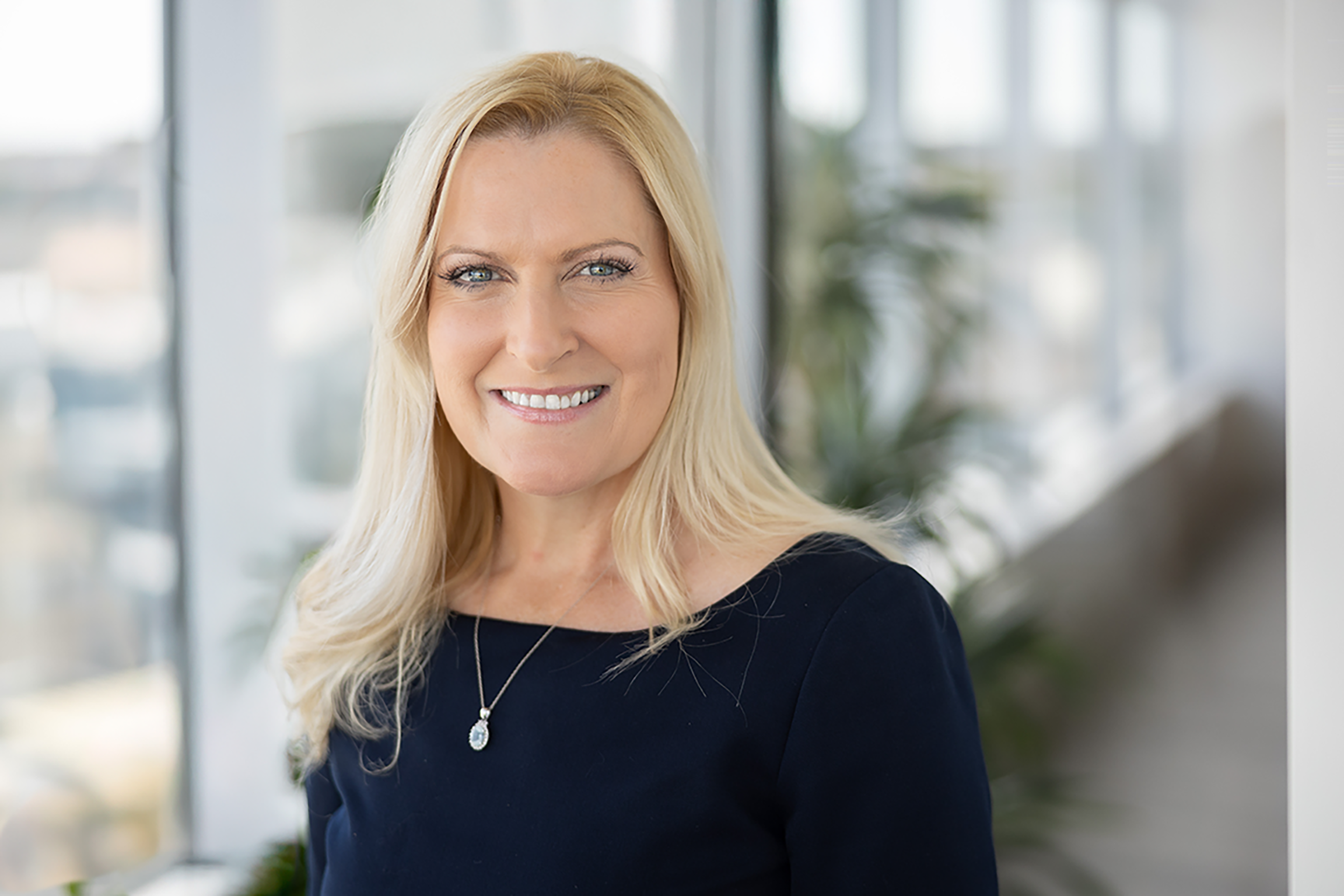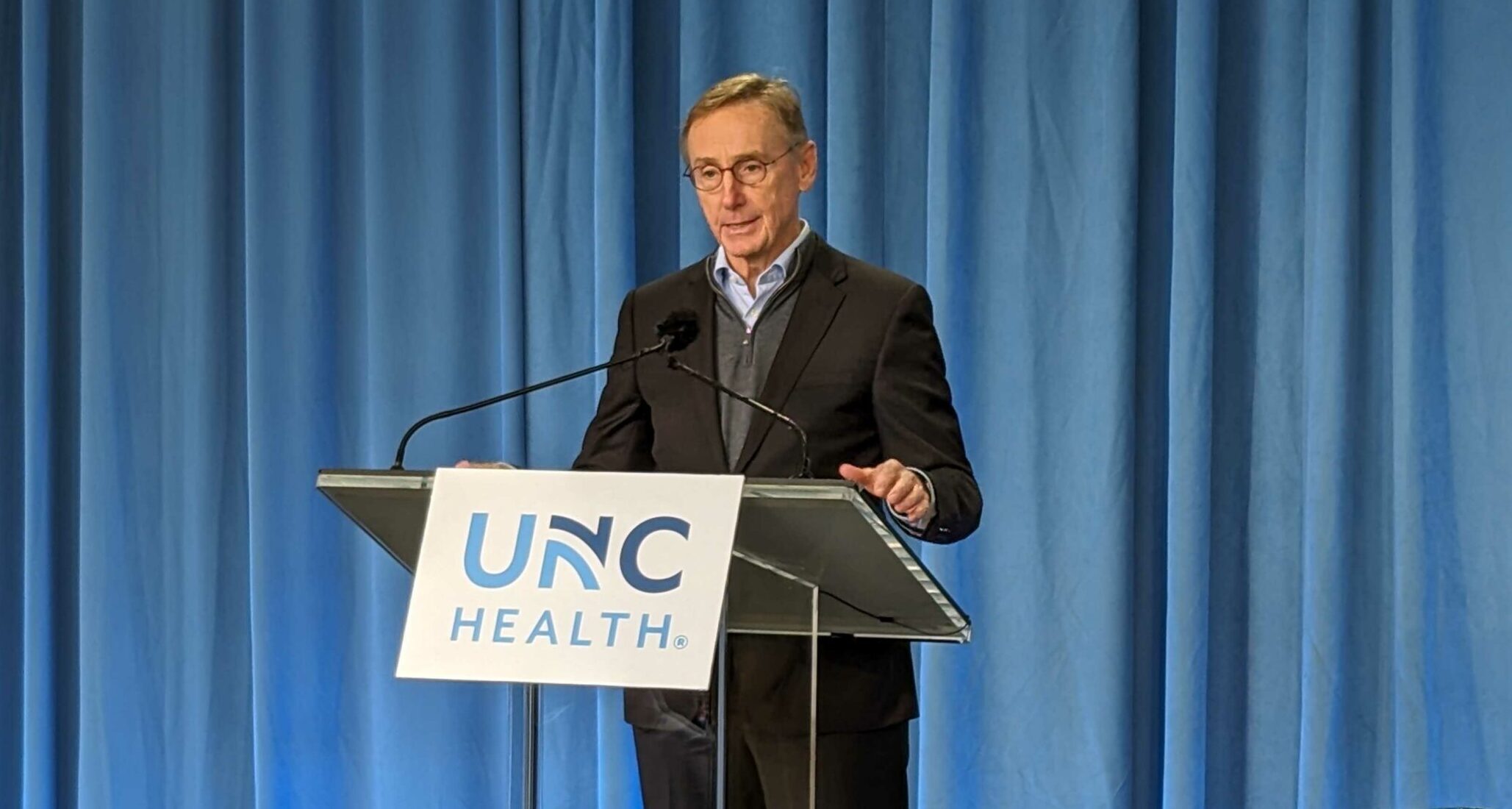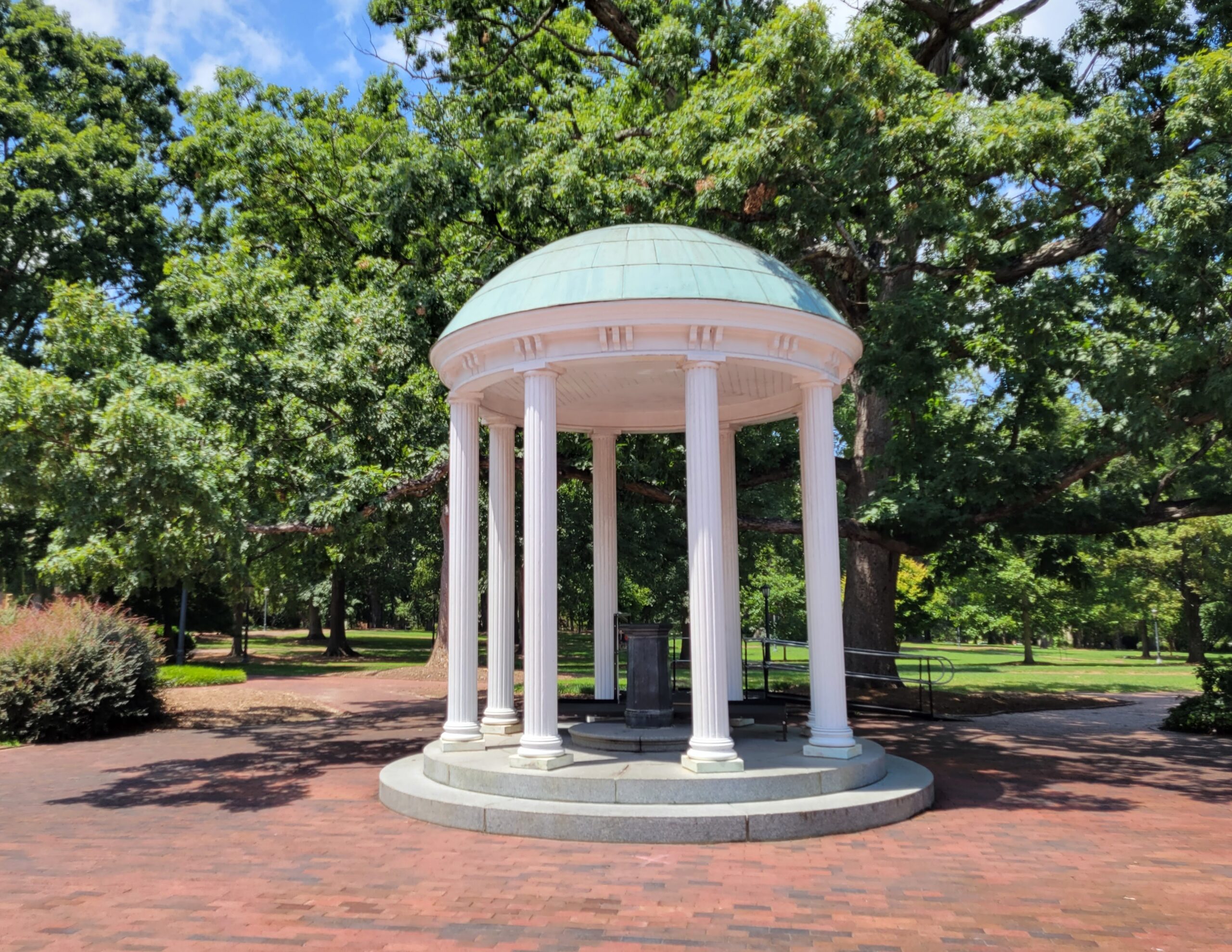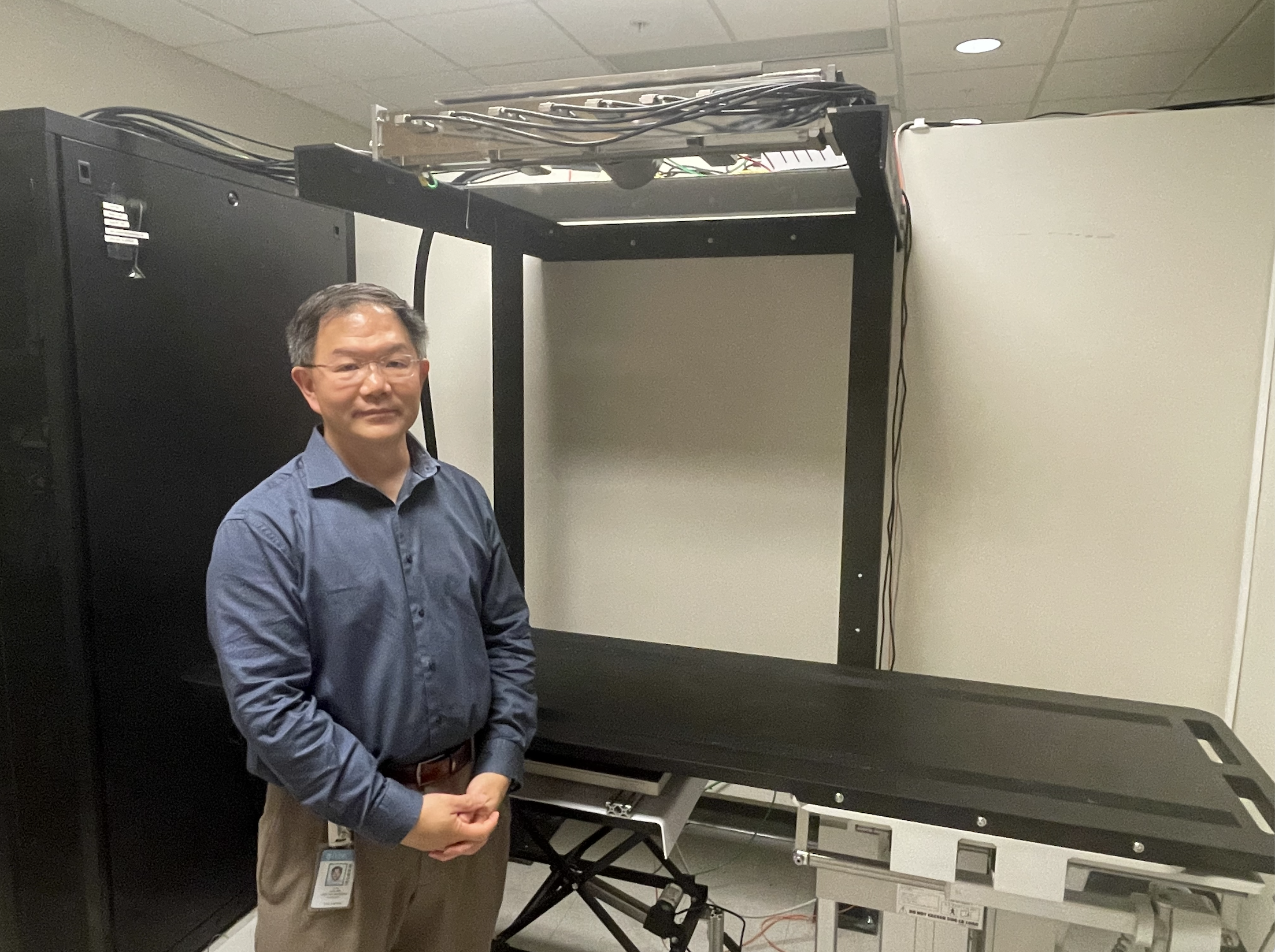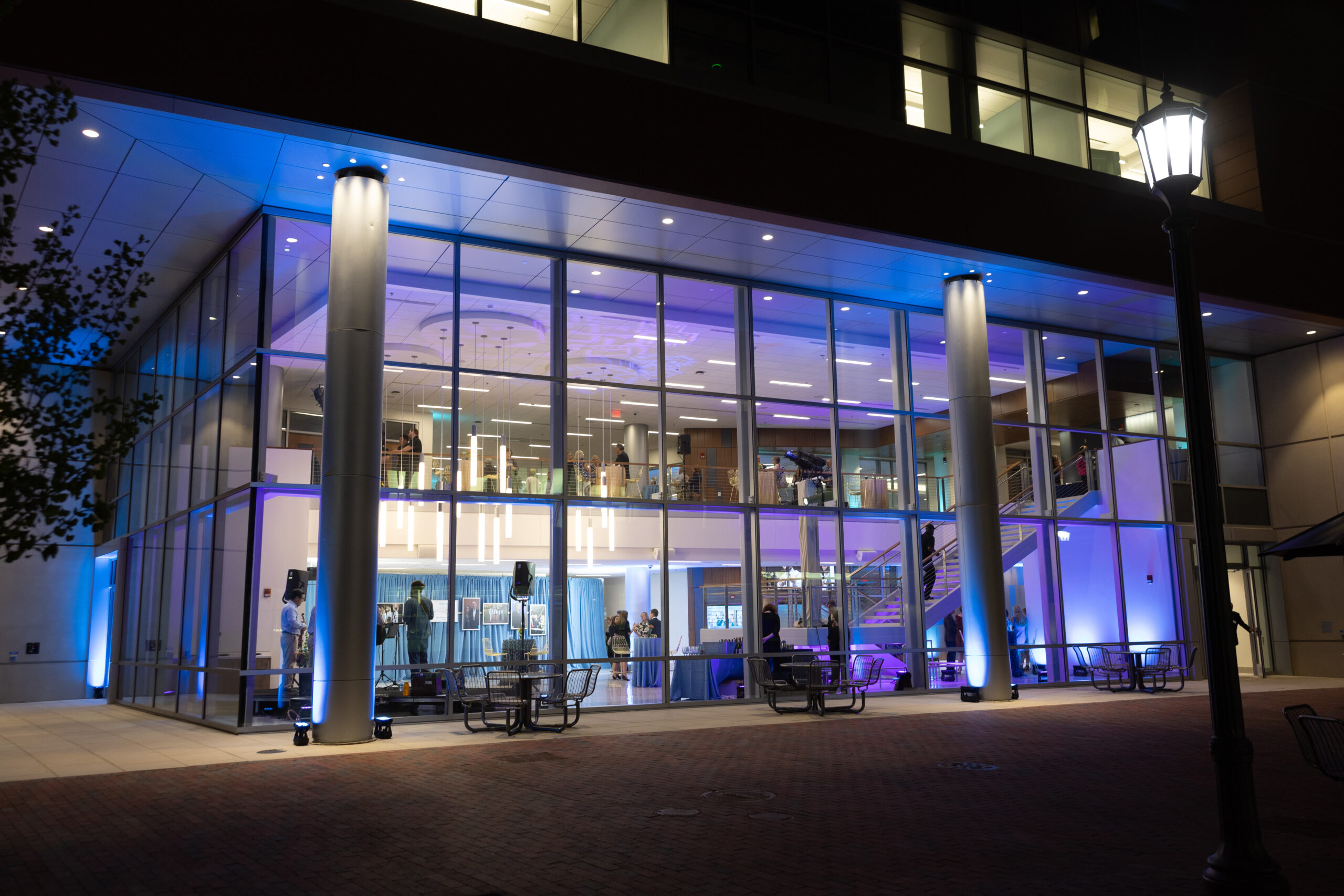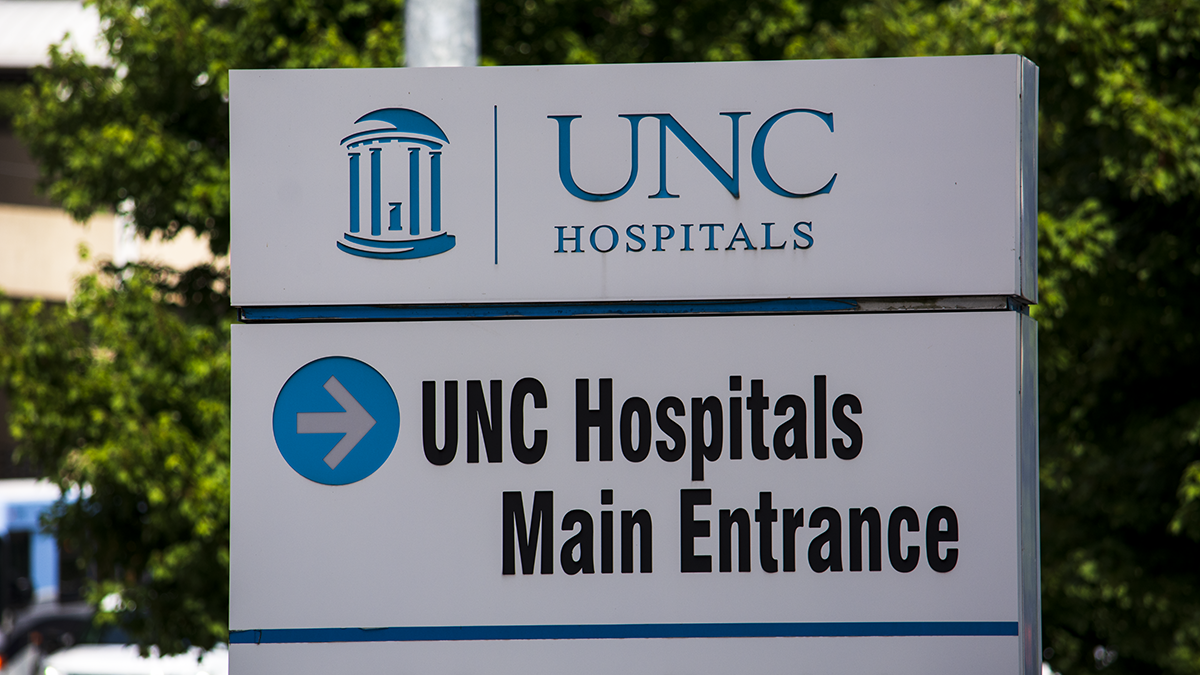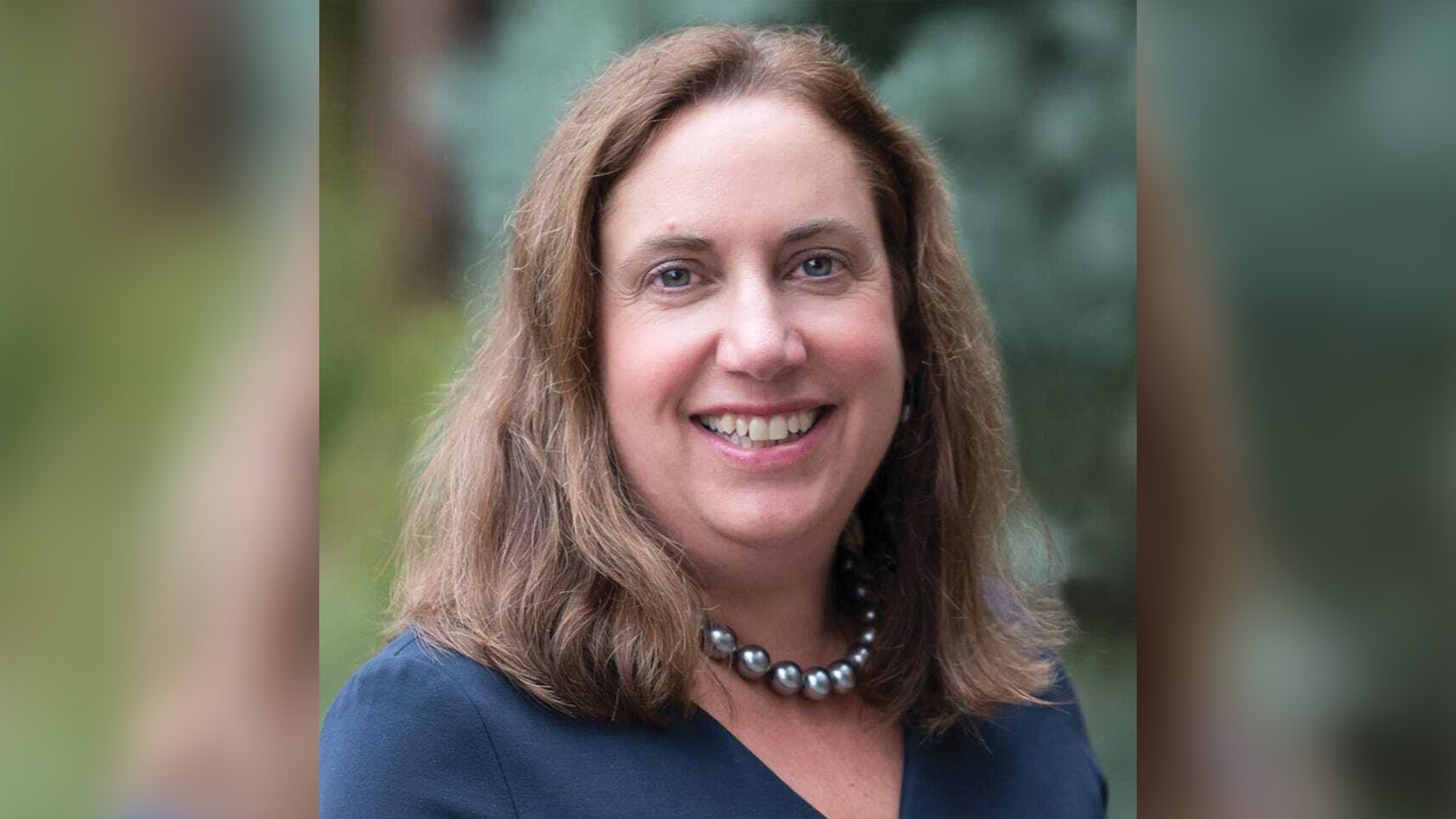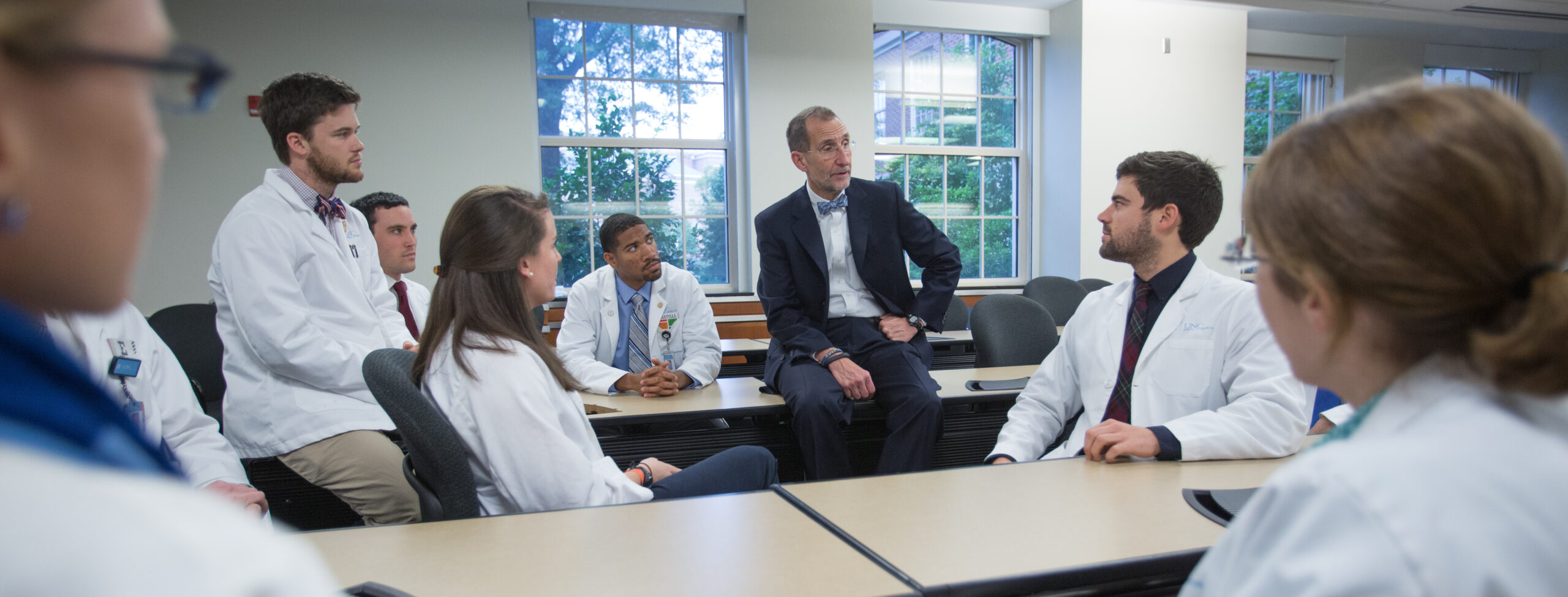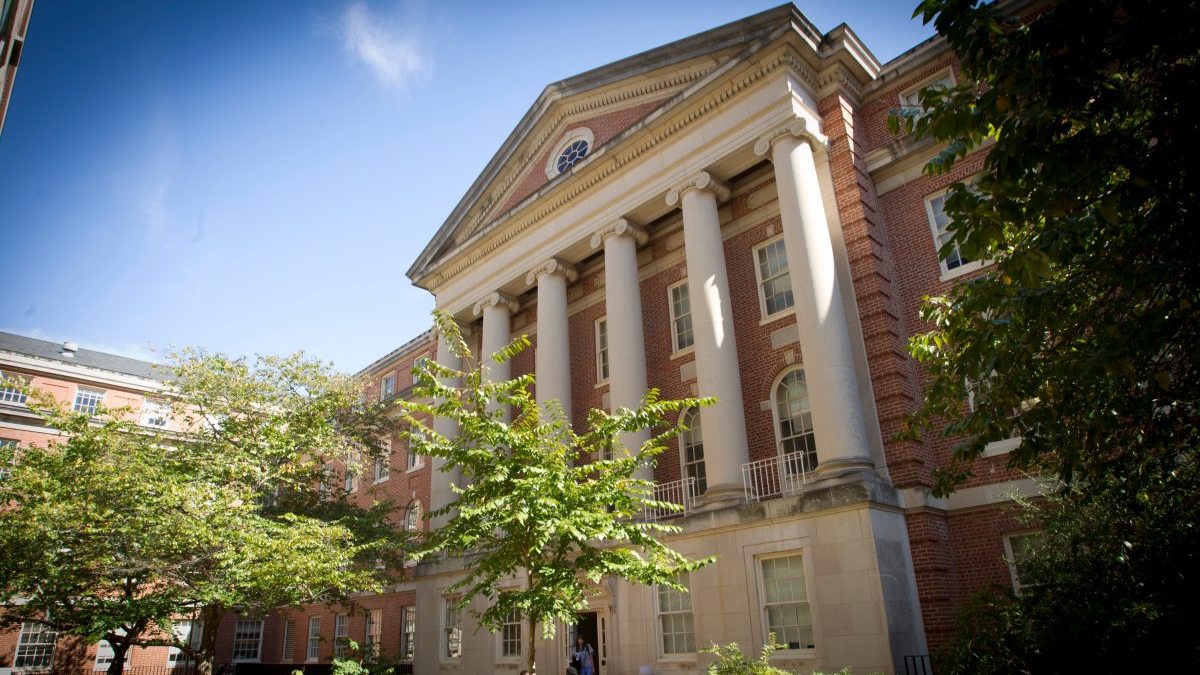Anne Steptoe and Patrick O’Shea met at Duke’s School of Business. It wasn’t long until they connected over their shared passion for service, and MedServe was born.
“I think Patrick and I are both a little crazy and that’s how this whole thing has gotten off the ground,” Steptoe said.
Steptoe attends Brown University’s school of Medicine and O’Shea is a UNC School of Medicine student – both are still students at Duke as well. Their combined interests in primary care and public health made them a perfect team to tackle North Carolina’s shortage of primary care physicians.
“When Anne first introduced her idea that would really blossom and take off, it resonated with me so much because I had lived the experience that she was thinking about creating,” O’Shea said.
O’Shea’s experience in Teach for America, and Steptoe’s small town roots, helped them understand the health care discrepancies throughout communities in North Carolina. These experiences helped them develop a first-of-it’s-kind program.
“There are 13 human beings that have entrusted us and this program with the next two years of their lives to be a bridge and support for them in their own health care education process,” Steptoe said.
Over 80 applicants applied for the 13 positions in MedServe’s first year. The program uses a three-pronged business model – match, immerse and support. The program matches the fellows with medically under-served communities where they are immersed in a two-year, full-time program. The fellows are supported by medical professionals who serve as their mentors. Just one month into the program, Steptoe said they’re already looking ahead to next year.
“We ended up with a 15 percent acceptance rate and we could have easily taken over double the number students that we have that would have been excellent matches and great community servants to practices in North Carolina. And the fact that we couldn’t accommodate them this year motivates me to have more sites and more communities that we can impact next year.”
The program blends public health with primary care education to benefit both the students and the communities. After a two-week training program at UNC Medicine, the students head out to serve migrant workers, impoverished minorities and other under-served people, seeking to close the health care gaps – something that O’Shea said is not an easy task.
“If there was an easy solution, somebody would have done it 20 years ago and we wouldn’t have disparities with our people of color across the state or with our LGBTQ population,” O’Shea said. “MedServe isn’t a silver bullet, but I think the more people that we can expose to the potential of under-served primary care, our state will be better for it and most importantly, that one patient that comes in is going to be better for it.
Steptoe said while there’s no easy solution, the program is making steps to fix the health care discrepancies it reveals.
“There’s a huge part of this that’s peeling back the curtain into communities that often are separate geographically or otherwise from the big, urban institutions where most healthcare professionals get their training,” Steptoe said.
By placing young and enthusiastic medical students in under-served communities, Steptoe said they’re providing another way for students to spend their residency and gain clinical experience.
“Our students, compared to the average med school applicant, are more likely to be from a rural community or a medically under-served community. They’re more likely to be first generation college students and have other similar life experiences that give them a heart for working with populations that have overcome challenges the way that many of our fellows have overcome challenges.”
Steptoe said that one of the main goals of MedServe is to create a strong team to raise awareness in North Carolina of the problems many rural communities face.
“We’re trying to create an army of advocates who believe in health equity in every zip code in North Carolina.”
Steptoe said they will continue expanding the program to both medical students and local clinics. Next summer, 27 new students will be welcomed to the team as MedServe continues to address the lack of primary care physicians across North Carolina.

